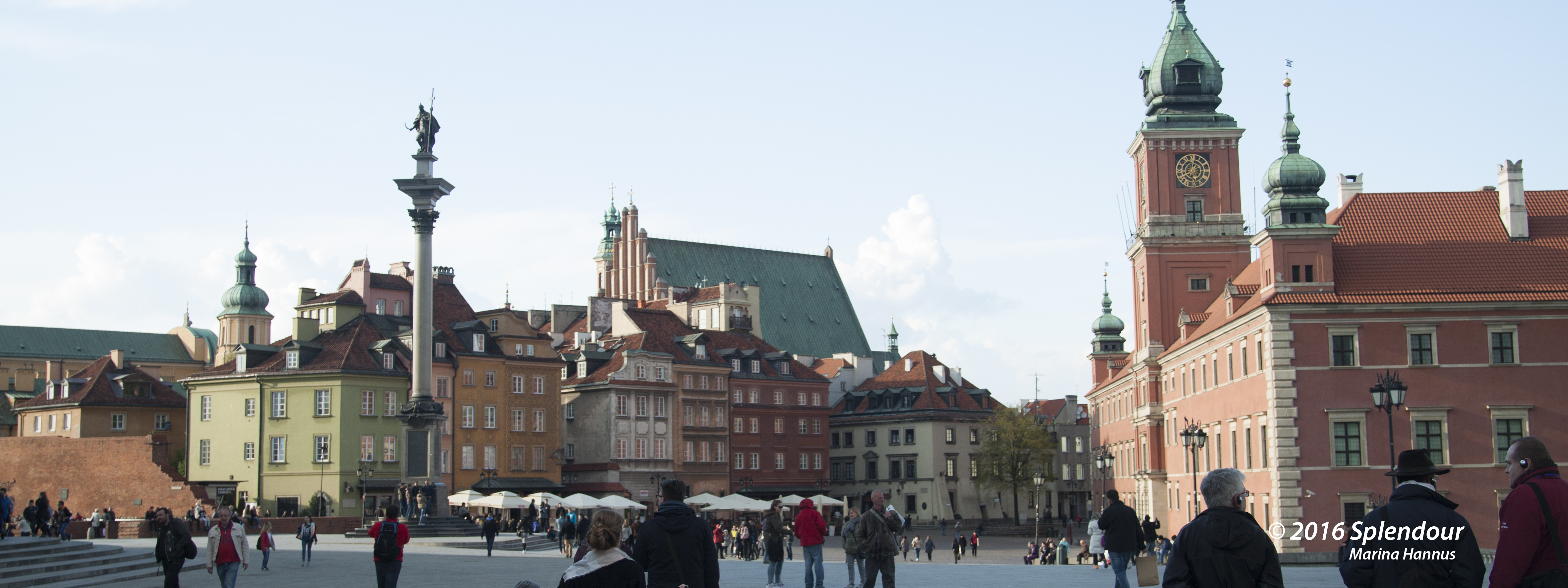Exploring the Glory of God
University of Durham, 6-9th July 2016
Christopher Southgate
This conference was the inspiration of Dr Adesola Akala of St John’s College, Durham. She had gathered a superb array of keynote speakers, including Jan Joosten from Oxford on Hebrew Bible, David Ford from Cambridge on the Fourth Gospel, Tom Greggs of Aberdeen on a systematics approach, Paula Gooder on what it means to give glory to God, David Brown on an aesthetic treatment, and James Dunn on the Pauline witness.
I was delighted to be able to take forward my own research towards my monograph Glory and Longing by giving a paper on glory in poets and mystics, focusing on the poetry of RS Thomas and the diaries and letters of the Dutch Holocaust victim Etty Hillesum. A fascinating exchange ensued with Jan Joosten, who turned out to know one of the major Hillesum scholars in Holland. So valuable to make these connections. My hypothesis that divine glory is best understood as a sign of the depths of the divine reality remained in good shape (always a relief!)
The whole conference was conducted in an excellent spirit. For me what made it was the group of young scholars who gave short papers and contributed much energy and some searching questions, with a real sense of wanting to contribute not just to academe but to the life of the Church. There was also a welcome strand on glory and disability, linking perhaps with David Ford’s conviction that one of the most helpful responses to the Gospel of John is found in the work of Jean Vanier.
An excellent meeting, and I can only that its momentum will be sustained – there was much talk of follow-up meetings. Roll on 2019…

